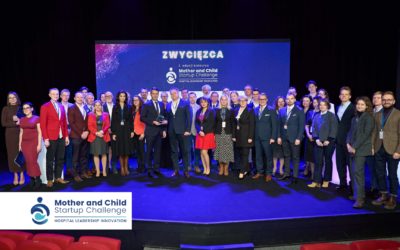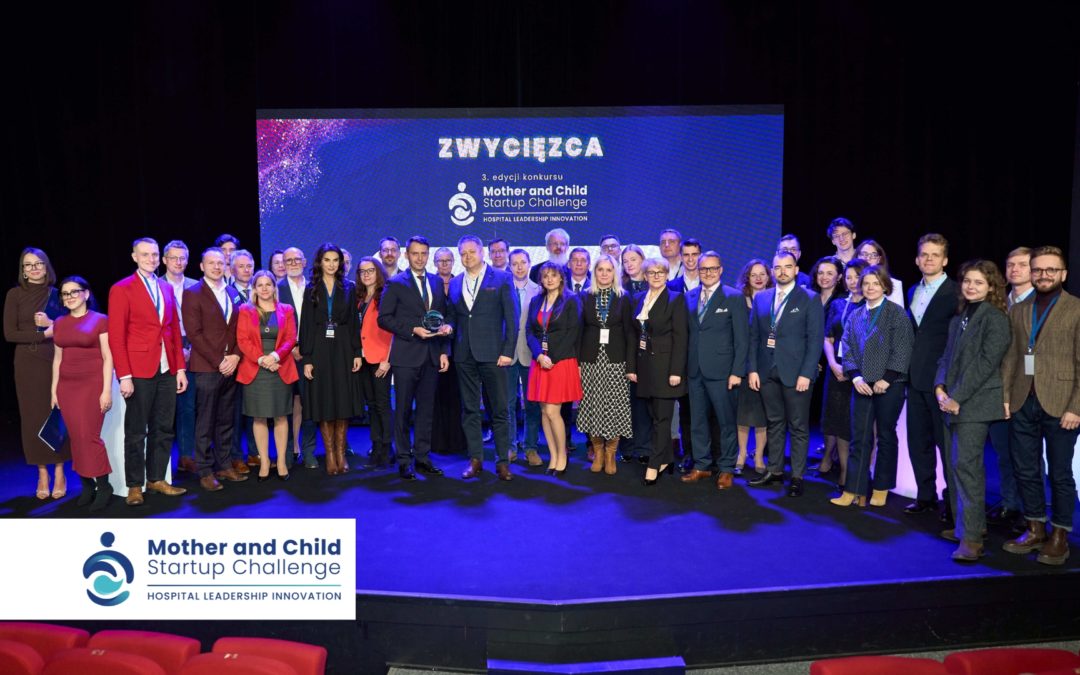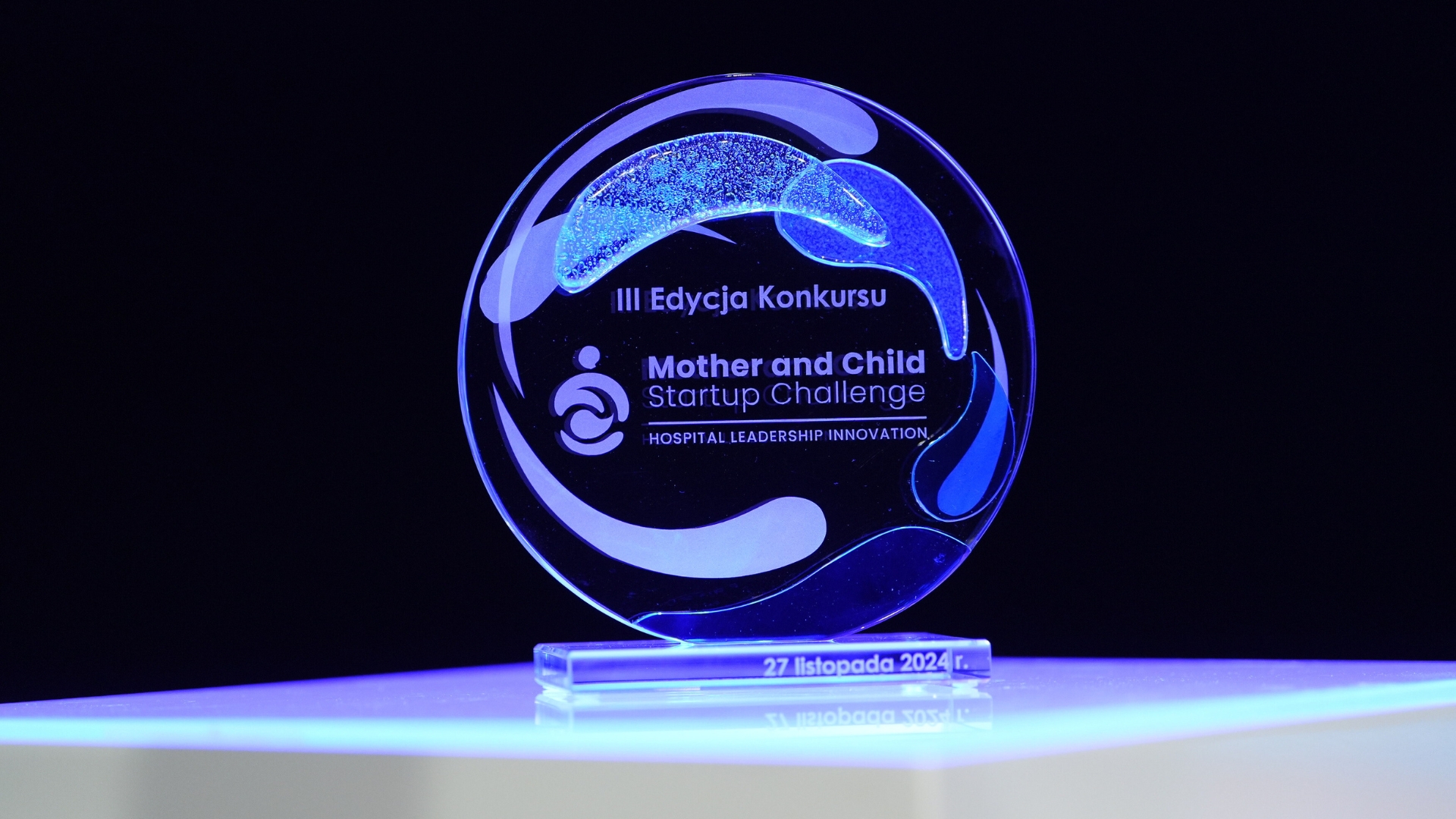In the "Health Tech of The Week" initiative, I discuss health comprehensively, emphasizing the importance of a holistic approach to individuals....

Cognitive Behavioral Therapy from Home Instead of the Office
They’ve moved therapists and patients in front of a computer screen, increasing access to therapy and mental health support—without losing its effectiveness. This is how the company Trzymsie.pl was born.
One of the proven and extensively researched methods of therapy, including treatment for depression, PTSD, anxiety disorders, obsessive-compulsive disorders, and even addictions, is cognitive behavioral therapy. It is recommended as a form of psychological support by organizations such as the World Health Organization (WHO) and the National Institute for Health and Care Excellence (NICE). What does it involve in practice? In this therapeutic approach, psychologists and patients work together to uncover connections between thoughts, feelings, and behaviors. While this scientific approach has nothing to do with wishful thinking, it is based on the belief that how we interpret a situation matters more than the situation itself, and our negative thought patterns can be destructive.

While Freudian psychoanalysis focuses on the unseen, sometimes even forgotten, issues like early childhood problems, cognitive behavioral therapy addresses the here and now, focusing on the thoughts that accompany current experiences. There’s no lying on a couch or trying to break through the subconscious. Increasingly, there’s no in-person therapy session in a traditional office, either.
In 2010, Piotr Chełchowski, the founder of Trzymsie.pl, began efforts to support mental health. Initially, the team focused on a social network dedicated to people facing mental health challenges. Stories shared by others with similar problems were intended to provide support and foster solidarity, rather than the loneliness often experienced with depression. Supported by Jagiellonian University, the project expanded to include educational and awareness-raising activities at a time when “seeing a psychologist” or even thinking about mental health was still uncommon, even stigmatized.
Without Shame and with Ease
Drawing on the experiences of hundreds of individuals who shared their mental well-being journeys through the social network, the project’s creators decided to transform it into a more direct form of support. They created Trzymsie.pl—a place where help is accessible. One of the motivations behind launching an online therapy platform was the desire to increase accessibility. While urban areas often offer plenty of options for psychological help (though scheduling can sometimes be a challenge), online support is often the only way to access a specialist in smaller towns or rural areas. This approach gained particular importance during the COVID-19 pandemic when in-person visits became impossible, yet more people than ever were experiencing stress-related crises.
Another significant factor was shame. Online therapy allowed people to access services without the fear of “exposure” that might come with walking into a physical office. This was particularly important in smaller communities where being labeled due to mental health struggles can be deeply stigmatizing.

Only Effective Methods
What sets Trzymsie.pl apart from other platforms connecting therapists and patients? First and foremost, its exclusive focus on a single therapeutic approach and the recruitment of competent practitioners in this field. Why this strategy? Numerous studies show that this form of therapy is not only effective and long-lasting (with research tracking patients’ conditions six or twelve months post-therapy) but can also be successfully delivered online. According to The Lancet, findings from 17 studies confirm that online behavioral therapy was more effective than traditional cognitive behavioral therapy in reducing the severity of depression symptoms. At the same time, no significant differences were observed in participants’ satisfaction levels between the two approaches.
“Trzymsie” Means Stay Strong!
I wholeheartedly support the continued growth of this project, which I’ve highlighted in my Health Tech of the Week series, primarily for matching the method to the problem and not diluting efforts across multiple actions or approaches. Currently, around 70 therapists collaborate with the platform, reaching people who might not have otherwise sought help.
Why do we focus on balance? How mental health is gaining value
Cognitive Behavioral Therapy from Home Instead of the Office
They’ve moved therapists and patients in front of a computer screen, increasing access to therapy and mental health support—without losing its...
Technology Guarding the Lives of Newborns: Polish Startup Wins the Mother and Child Startup Challenge 2024
On November 27, 2024, Warsaw's Capitol Theatre hosted the grand finale of the third edition of the Mother and Child Startup Challenge—one of the...


















